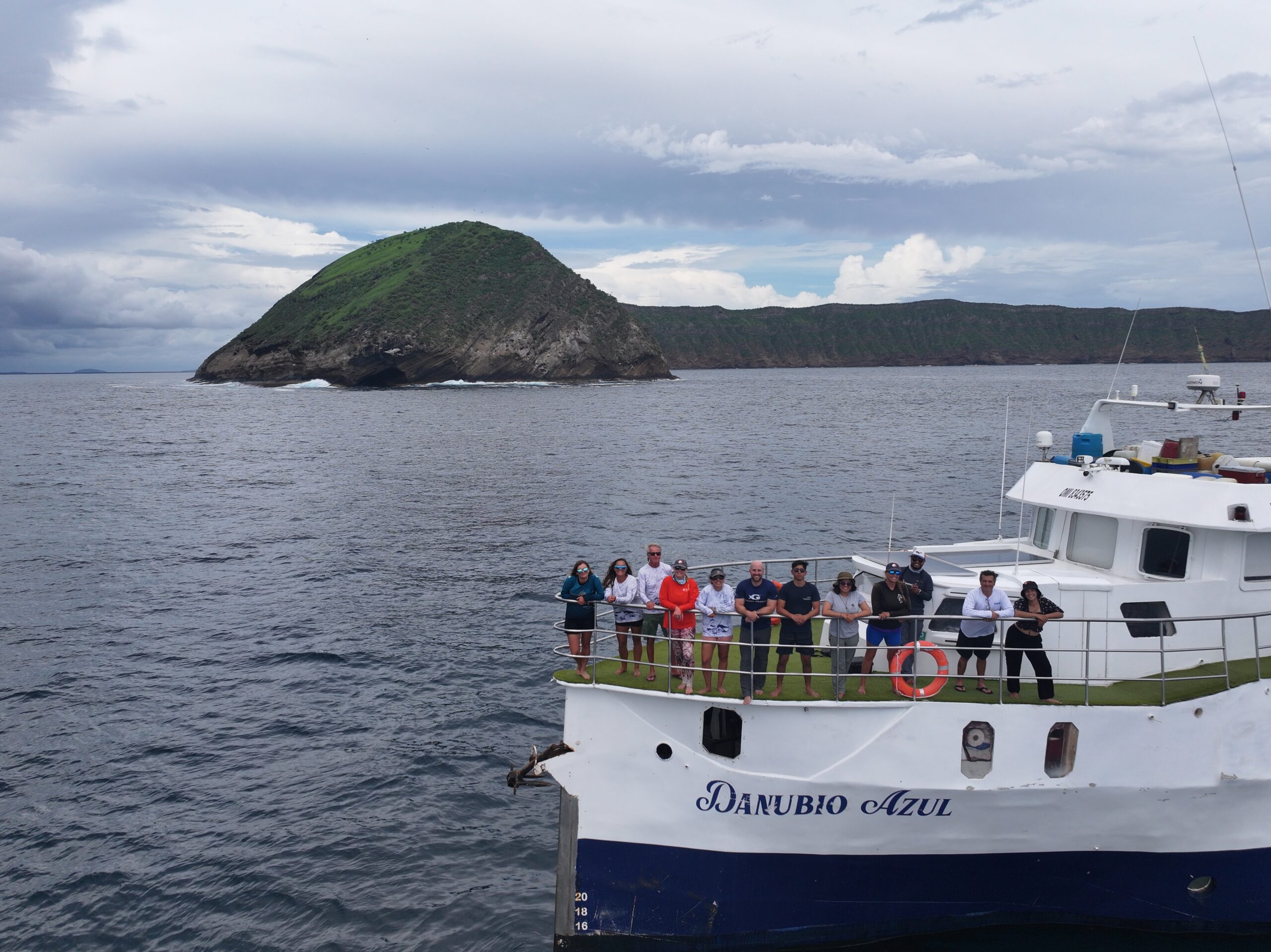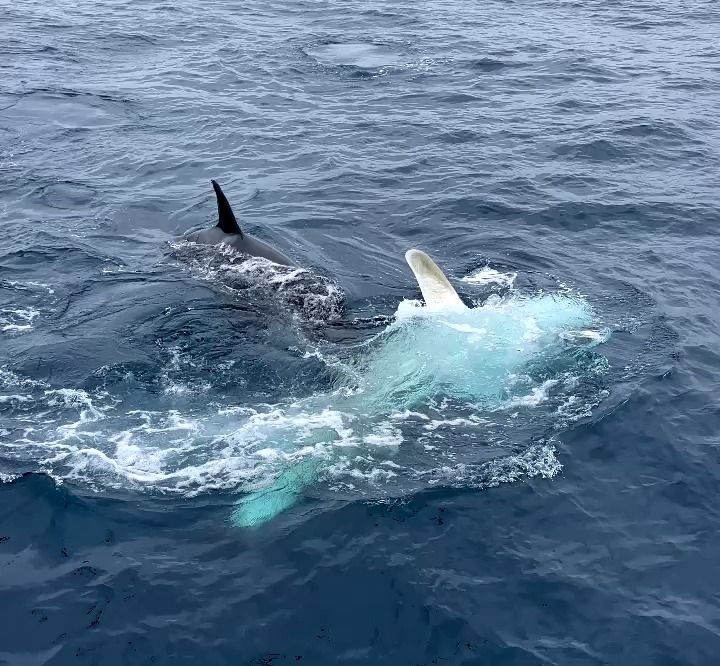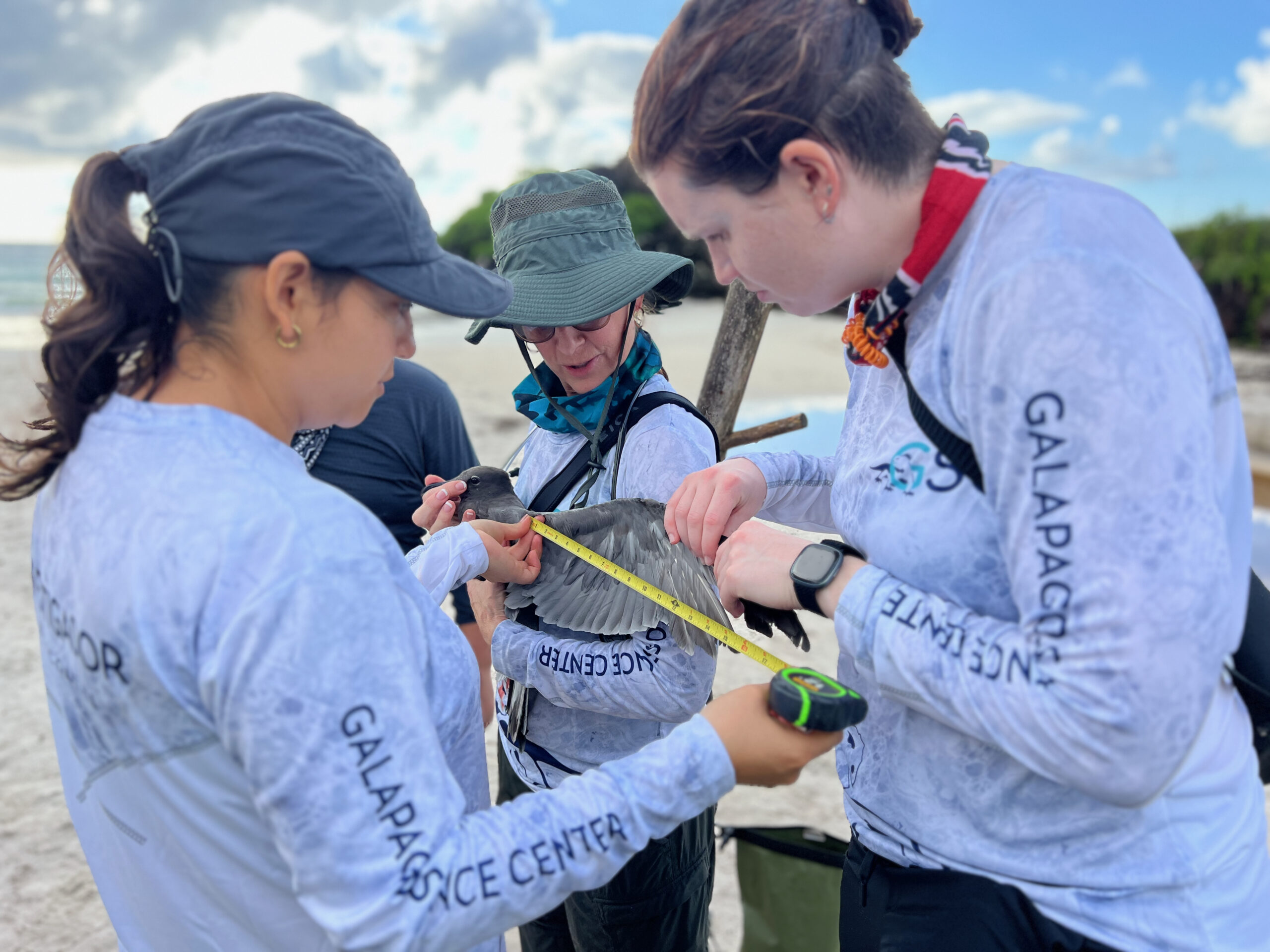La campaña de vacunación masiva inició en la provincia de Galápagos a finales del mes de abril, el Ministerio de Salud Pública (MSP) y el Consejo de Gobierno del régimen especial de Galápagos (CGREG), lideran este proceso que ha recibido la invaluable colaboración de la Universidad San Francisco de Quito con el objetivo de inmunizar al 100% de la población mayor de 18 años.
El estado busca proteger a la población de las islas, reactivar la economía y motivar a los turistas nacionales y extranjeros a visitar Galápagos con seguridad. Además, una de las metas es posicionar a Galápagos como el primer archipiélago en Latinoamérica totalmente inmunizado.
Para ayudar a agilizar el proceso de vacunación masiva, la Universidad San Francisco de Quito apoyándose en el Galapagos Science Center, con sede en San Cristóbal, movilizó de manera inmediata un equipo conformado por 18 médicos, quienes se incorporaron al personal del MSP.
Paralelamente, otro equipo multidisciplinario conformado por 17 investigadores en varias ramas se trasladó hasta el archipiélago para poner en marcha una campaña de comunicación y educación enfocada en despejar las dudas de los ciudadanos referentes a los pros y contras de la vacuna contra el COVID-19 y motivarlos a acceder a la vacuna.

Parte importante del convenio firmado entre la USFQ, el MSP y el CGREC es la realización de un proyecto científico que será liderado por la USFQ y que se enfocará en desarrollar información sobre el secuenciamiento del genoma completo del SARS-CoV-2 en pacientes adultos, para lo cual el GSC ha puesto a disposición el uso de sus laboratorios cuando sea necesario.
Finalmente, el convenio incluye un trabajo de investigación a largo plazo sobre el impacto socioeconómico de la campaña de vacunación en las islas.
Por: Daniela González






